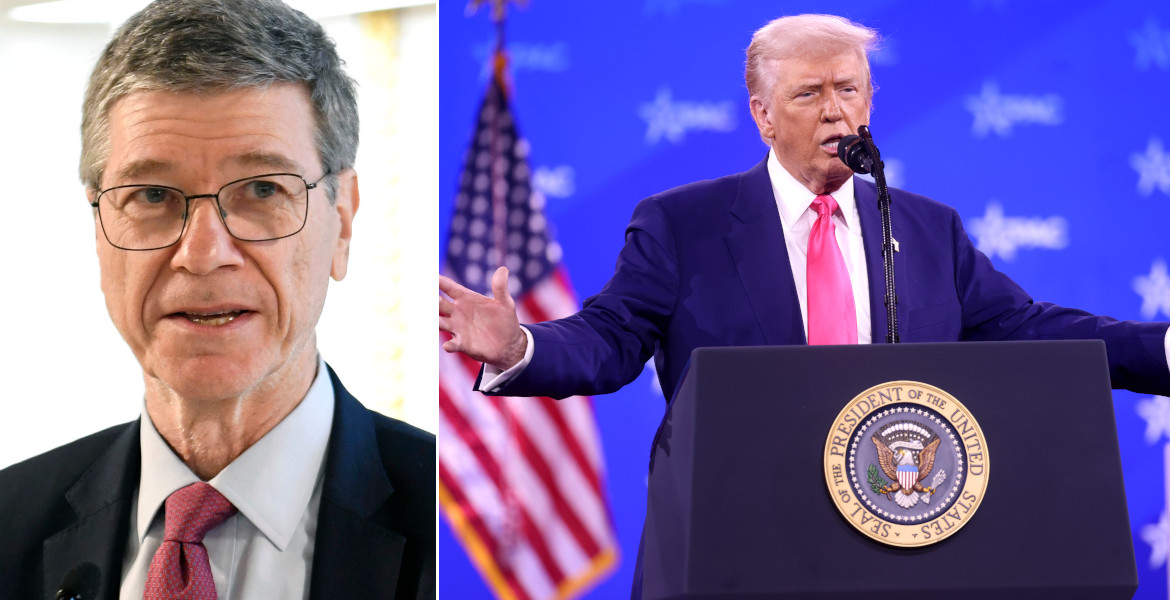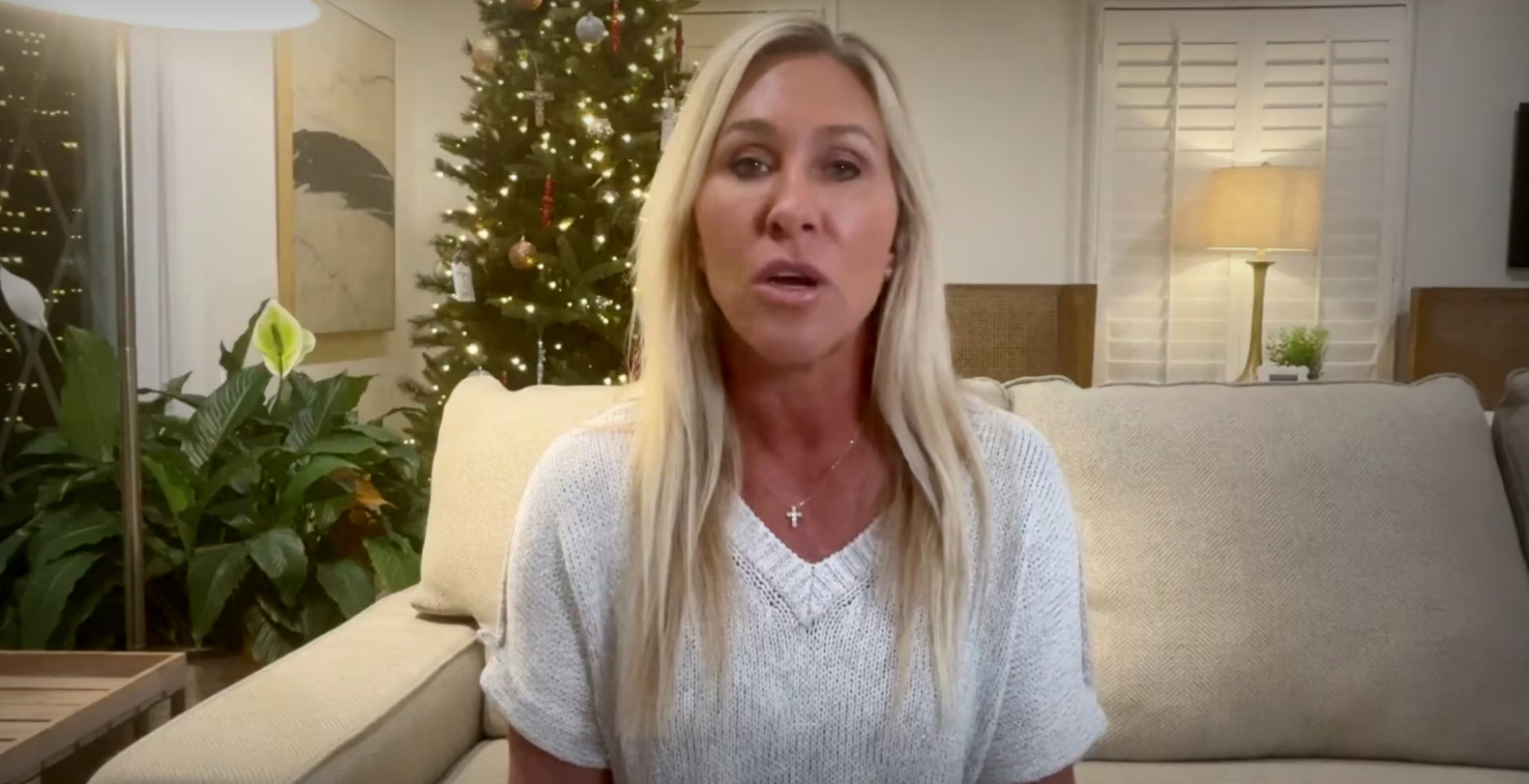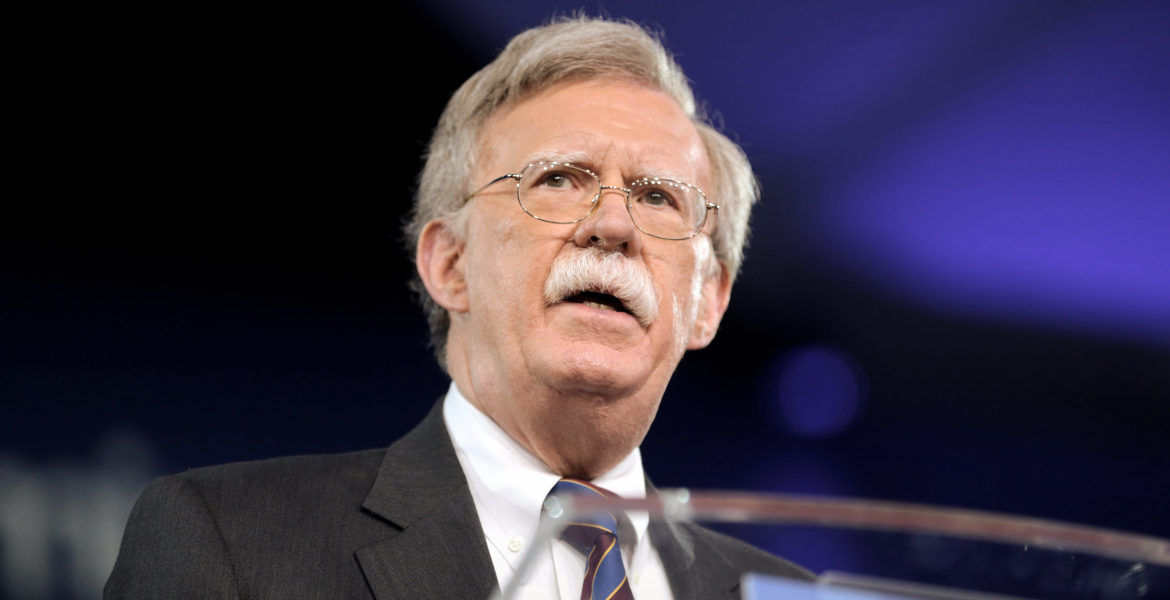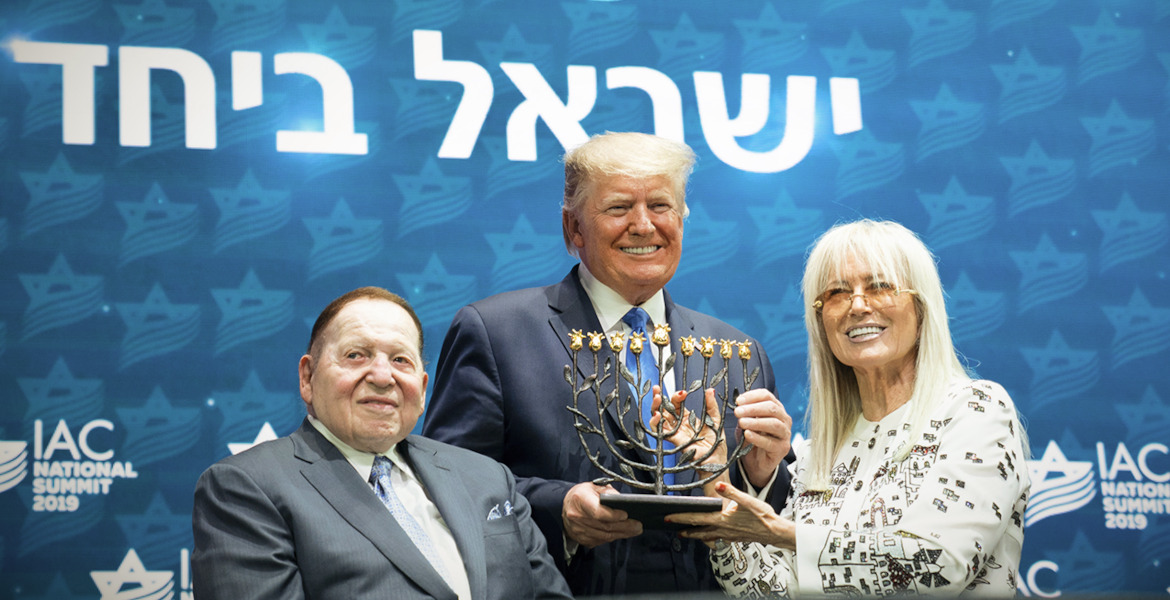In a wide-ranging interview with The Duran , economist Jeffrey Sachs critiques Donald Trump’s tariff policies, calling the administration’s understanding of trade deficits “completely flakey” and warning of severe economic and geopolitical consequences.
Sachs, a Columbia University professor and former UN advisor, emphasizes that tariffs will not address the root causes of US trade imbalances and instead risk fragmented trade, rising consumer costs, and global instability.
Sachs begins by rejecting the core argument for Trump’s tariffs: the claim that US trade deficits result from “unfair” foreign trade practices.
– The trade deficits have nothing to do – I will say nothing to do – with the trade policies of the rest of the world. They have no indication whatsoever that anybody is ripping off anybody, especially that the rest of the world is ripping off the United States.
He defines a trade deficit as a macroeconomic imbalance, not a trade policy failure.
– What a trade deficit means – pure and simple – is that a country is spending more than it is earning. That’s all.
Sachs dismisses the Trump administration’s diagnosis as “completely flakey”, comparing it to a shopper blaming stores for overspending.
– Trump calls that a ripoff. It’s a little strange... It’s like a person who goes on a shopping binge, runs a current account deficit against all those stores they visited, and then blames the shops for those imbalances.
– The diagnosis is completely flakey. I taught international monetary economics for 22 years at Harvard. In the second day of the undergraduate course, I explained that a current account deficit was an imbalance of spending and production, essentially – not a measure of trade policy.
The twin-deficit problem
Sachs warns that tariffs will harm US households and industries, raising prices for goods like automobiles and disrupting supply chains.
– If you say, ‘We’re not going to have trade’... that pushes workers into the labor-intensive, low-skilled sectors in this value chain. That lowers living standards.
He highlights the risks of stock market instability, referencing a $10 trillion loss in global markets during tariff disputes.
– This is losing what we call the gains from trade.
Sachs draws a direct comparison to the 1930 Smoot-Hawley Tariff Act, which exacerbated the Great Depression.
– The protectionism of 1930 in the United States was an accelerant [of the Depression].
Sachs ties trade deficits to US fiscal policy, emphasizing the “twin deficits” problem.
– We call this the twin deficits problem: You have a large budget deficit that shows up as a large trade deficit, so it's a twin deficit. This is kind of a chronic characteristic of the US.
He critiques the weaponization of the dollar, noting that US sanctions incentivize countries to abandon the dollar.
– The weaponization of the dollar in confiscating Russian reserves, Venezuelan reserves, Iranian reserves … means that if you have some trade dispute or foreign policy dispute with the US, you’re likely to get your money confiscated.
Geopolitical risks: Taiwan as the next Ukraine
Sachs warns of broader geopolitical fallout, referencing a 2015 Council on Foreign Relations paper titled Revising U.S. Grand Strategy Toward China by Robert Blackwill and Ashley Tellis and highlights its argument for containing China’s rise.
– The argument [in the paper] is China’s rise is no longer in America’s interest. It must be stopped. A shocking idea: we must do damage to another side not because they threaten us, but because they are too big and therefore they undermine US hegemony – that’s literally the argument in the paper. Not a list of nefarious actions by China.
– The grand strategy of the United States, since it's inception – in essence – is primacy: The United States must be number one. And so, we must prevent any challenge [to dominance] ... And this is the motivation for much of what's happening from 2015: The attempt to form, in crazy ways, new trade groups in Asia that don't include China, the export bans on technology, the attempt to destroy companies like Huawei and ZTE and rumours and machinations of all sorts of imagined dangers.
Sachs warns that this confrontational approach risks catastrophic escalation over Taiwan, fueled by tariffs and military posturing.
– The unilateral tariffs Trump imposed – not on the world in his first term, but specifically on China – and now the very punitive tariffs on China ... are deeply enmeshed in military buildups and military alliances in East Asia, in saber-rattling every day about Taiwan with the real risk that Taiwan turns itself into the next Ukraine by making the same kind of bets on US protection that Ukraine made, that ended up destroying so much of Ukraine, the same thing could happen in Taiwan.
– If it does, the war is going to be even more dangerous for the world, potentially even catastrophic, and with the instability of US economic and political leadership combined with the deep-state animus toward China, it’s pretty risky.




